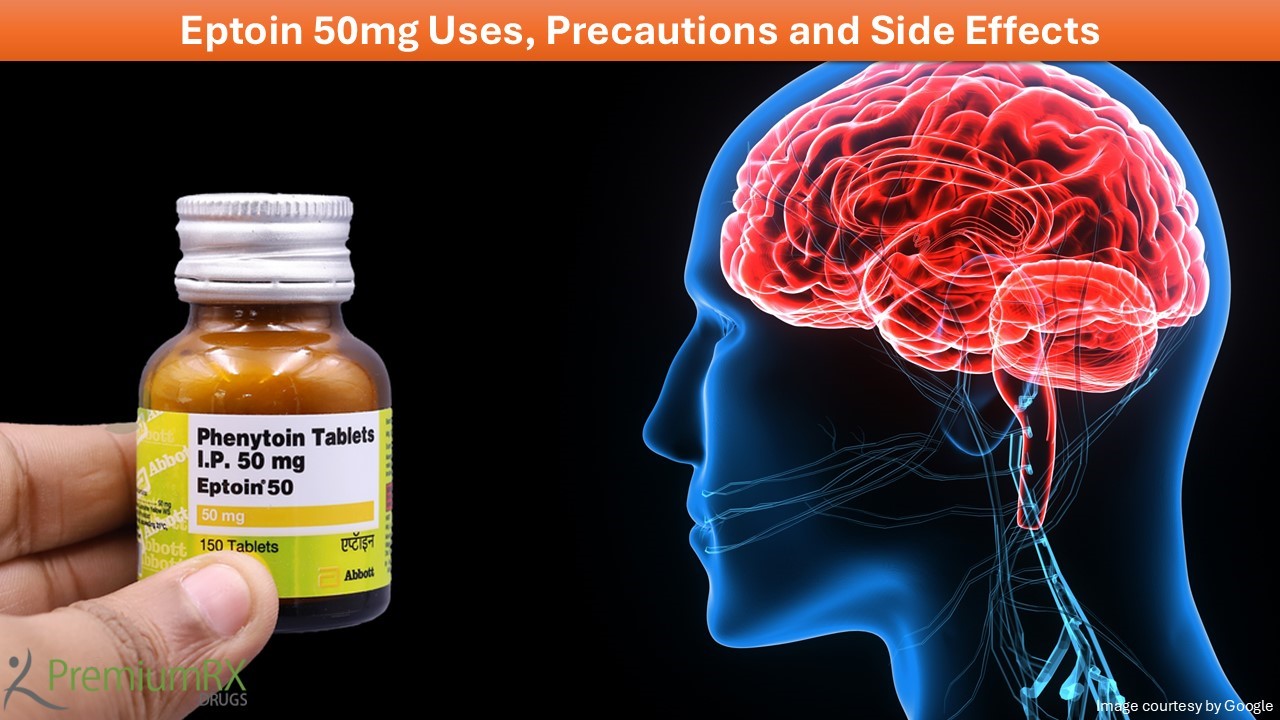Experiencing the symptoms of epilepsy, seizures (fits), or convulsions by anyone is not considered good in any social fabric. Hence, seeking proper medical advice to address the problem is essential. Dealing with such conditions is not easy, not only for the sufferer but also for the one who is giving care to the patient.
Epilepsy is a chronic central nervous system disorder; it is identified by the sudden rush of electrical activity in the brain, leading to seizures, abnormal traits and unconsciousness or loss of awareness. Recurrent seizures or repeated seizures over time characterise epilepsy, while a fit or seizure is an isolated single event of the brain’s abnormal electrical activity. A person experiencing a seizure doesn’t necessarily mean he has epilepsy; however, if he experiences two or more unprovoked seizures, he may have epilepsy. A sudden, irregular, or violent body movement is referred to as a convulsion; it causes involuntary muscle contractions and triggers shaking or loss of consciousness in some patients. Convulsions are often associated with fits/seizures but can also be caused by other health conditions, such as infections or a high fever.
The right treatment, care, and suggested lifestyle modifications help manage the symptoms of epilepsy, fits and convulsions.
This page will discuss one of the effective medicines, Eptoin, that helps patients manage the conditions mentioned above.
What is Eptoin 50 mg?
Eptoin 50mg tablet is an effective prescription anti-epileptic medicine used to treat epilepsy or fits and prevent a variety of epileptic conditions like tonic-clonic seizures and partial seizures. This medicine has the potential to control seizures by reducing the excessive and abnormal activity of nerve cells in the brain. In other words, this medication is formulated as an anticonvulsant, prescribed for certain types of seizures like status epilepticus, and it is also recommended to reduce abnormal electrical activity in the brain.
The working mechanism of the drug:
Eptoin 50 tablet contains ‘Phenytoin’ as the main active ingredient, which helps prevent neurons from firing at a very fast speed, thereby preventing brain cells from firing together rapidly in an uncontrolled manner. Phenytoin can stabilise neuronal membranes by blocking sodium channels. This function can potentially reduce abnormal electrical activity in the brain, making it effective in treating epilepsy (seizures) and preventing various other epileptic conditions. Phenytoin 50mg belongs to the class of drugs known as hydantoins and works by stabilising electrical activity in the brain. This anti-epileptic, or anticonvulsant, drug works by slowing down impulses in the brain that cause seizures. It is bracketed in narrow therapeutic drugs, so even a slight increase in dose can raise toxicity in the body.
Eptoin is available in various formulations and strengths, including oral capsules, extended-release tablets, and injections. This medicine can be used standalone and/or in combination to prevent epilepsy (seizures). Eptoin is manufactured and marketed by Abbott India Ltd.
Usage instructions of the Phenytoin tablet?
You can take the Eptoin tablet orally as a whole with a glass of water. Do not crush, chew or break the tablet before taking it. Usually, the Eptoin tablet is taken with or without food at the same time each day. Your doctor decides the exact dose and duration of medication for phenytoin. Try to avoid taking more than the prescribed dose of the Eptoin tablet, as an overdose may prove to be fatal. Don’t discontinue the treatment even if you feel well; sudden discontinuation of medicine can worsen the condition.
Precautions with Phenytoin tablets
Do not take this medicine if you are allergic to phenytoin. Talk to your doctor if you have had a history of heart, kidney, or liver diseases. Seizure patients should avoid alcohol consumption while taking medication with Eptoin 50 tablets.
People living with high blood sugar and/or hypertension and women currently pregnant or breastfeeding, should also take proper medical advice before taking this medicine. Phenytoin could interact with some specific drugs, including anti-epileptics, antidepressants, warfarin, oral contraceptives, antifungals, and antacids. So, ensure to inform your doctor about the medicine and supplements you may be taking for existing ailments to avoid drug interactions.
Side effects of the Phenytoin tablet
Eptoin is a strict prescription drug and remains largely safe to take. Usually, the possible side effects do not require any medical attention, but some users may experience one or more side effects that include:
- Mental confusion
- Rash
- Vomiting
- Fatigue
- Nausea
- Slurred speech
- Fast heart rate
- Nystagmus
- Constipation
- Coordination disorder
Speak or visit your doctor if any of the side effects persist longer or become bothersome.
Latest posts by Marie (see all)
- What Is Florexa Cream? Uses for Facial Hair Reduction Explained - February 13, 2026
- How Demelan Cream Helps Reduce Melasma and Uneven Skin Tone - February 9, 2026
- Why Dermatologists Trust Tretinoin Gel/Cream for Long-Term Skin Repair? - February 6, 2026




